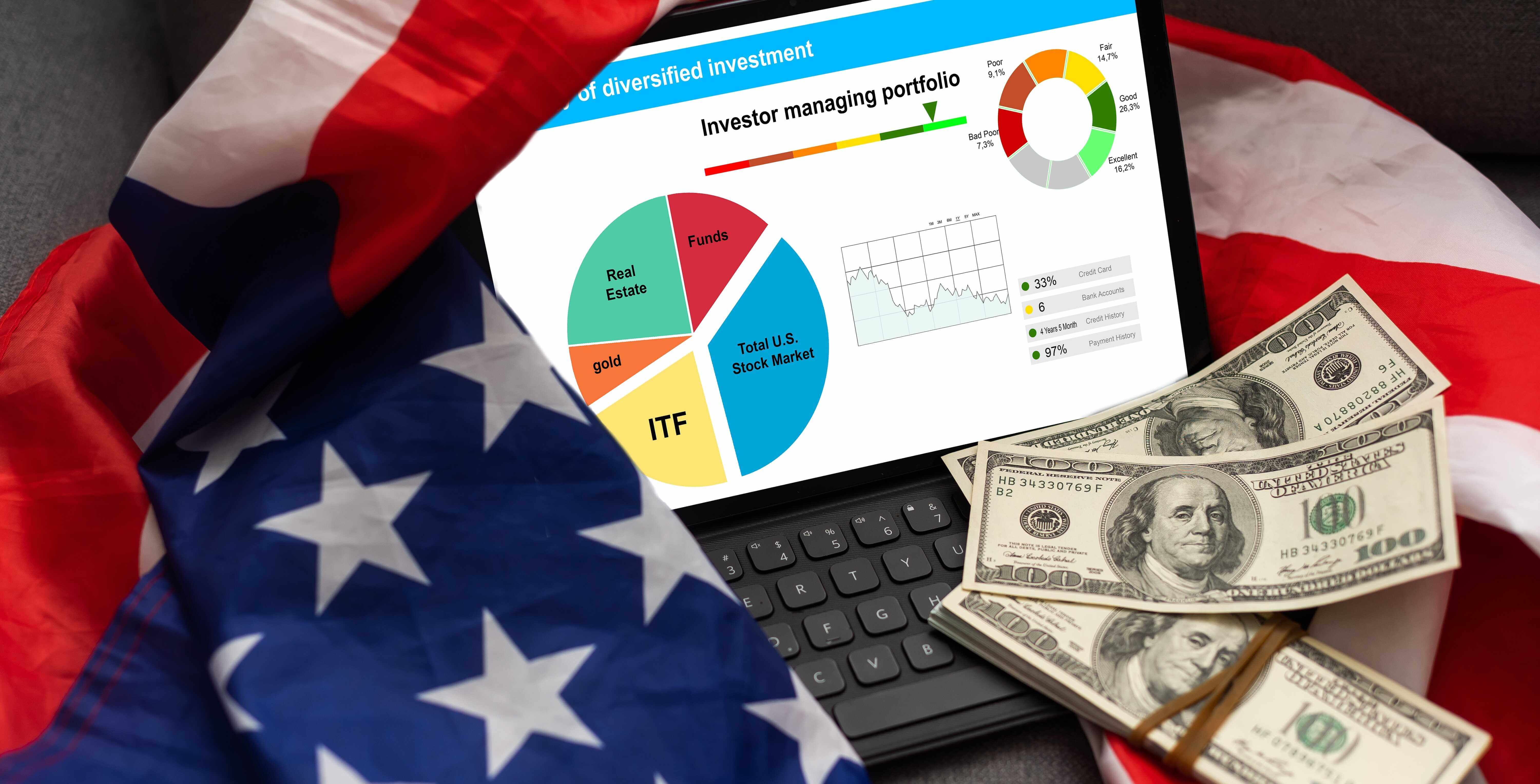Evgo Stock: Buy, Sell, Or Hold?

EVgo (NASDAQ: EVGO), a leading builder of EV charging networks, went public in July 2021 by merging with a special purpose acquisition company (SPAC). The combined company's stock opened at $15.05 on its first day, but it now trades at about $4.
Like many other SPAC-backed EV companies, EVgo overpromised and underdelivered. In its pre-merger presentation, it claimed it could grow its revenue from an estimated $20 million in 2021 to $166 million in 2023. It got off to a good start by generating $22 million in revenue in 2021, but that figure only rose to $161 million in 2023.
Where to invest $1,000 right now? Our analyst team just revealed what they believe are the 10 best stocks to buy right now. See the 10 stocks »
Image source: Getty Images.
That top-line miss was minor, but it had also predicted its adjusted earnings before interest, taxes, depreciation, and amortization (EBITDA) would turn positive by 2023. However, it reported a negative adjusted EBITDA of $59 million for the year.
EVgo struggled with stiff competition, tough macroeconomic headwinds, and a cooling EV market. But with an enterprise value of $375 million, it looks cheap at 1 time next year's sales. So should investors buy, sell, or hold this stock right now?
Understanding EVgo's business
EVgo has a complicated past. It was created 14 years ago as part of a settlement between NRG Energy and the California Public Utilities Commission in the aftermath of the Enron scandal. NRG was ordered to invest $100 million in the creation of an EV charging network, and that business evolved into EVgo.
NRG sold EVgo to Vision Ridge Partners in 2016, which sold it again to LS Power in 2020. LS Power then spun off EVgo and merged it with a SPAC so it could go public, but it still retained a major stake through a wholly owned affiliate.
EVgo subsequently expanded by acquiring Recargo, which develops the PlugShare mobile app for finding EV charging stations; partnering with General Motors (NYSE: GM) to expand its compatibility and access for GM vehicles, and partnering with Amazon to tether its charging stations to Alexa-powered vehicles.
EVgo now operates more than 1,000 fast charging stations across 40 states and 65 metro areas, and about 145 million people live within 10 miles of one of its chargers. Its drivers can pay for each individual charge, but the company encourages them to sign up for its discounted subscription plans which start at $6.99 a month.
EVgo established an early mover's advantage in the EV charging space, but it faces intense competition from Tesla's (NASDAQ: TSLA) Superchargers (which are compatible with a growing list of third-party vehicles) as well as other EV charging network builders like ChargePoint (NYSE: CHPT) and Blink Charging.
How fast is EVgo growing?
EVgo's revenue growth accelerated over the past three years. From the end of 2021 to the end of 2023, its number of stalls (in operation or under construction) grew from 1,903 to 3,550. Its number of customers soared from 340,000 to 884,000.
|
Metric |
2021 |
2022 |
2023 |
|---|---|---|---|
|
Revenue |
$22 million |
$55 million |
$161 million |
|
Growth (YOY) |
70% |
146% |
195% |
|
Adjusted EBITDA |
($51 million) |
($80 million) |
($59 million) |
Data source: EVgo. YOY = Year-over-year.
A lot of that growth was driven by its partnership with GM to build co-branded charging stations, but that relationship isn't mutually exclusive. GM also offers its drivers access to Tesla's Supercharging network, and it plans to build even more stations with ChargePoint. EVgo's chargers are also compatible with Tesla's vehicles.
EVgo, like ChargePoint, is struggling to offset the high costs of building its charging stations with its charging fees. That pressure intensified as EV sales slowed down and rising interest rates throttled the costly expansion of EV charging networks. That's why its adjusted EBITDA stayed in the red over the past three years.
In the first nine months of 2024, EVgo's revenue rose 71% year over year to $189 million, but it still posted a negative adjusted EBITDA of $49 million. It ended the third quarter with 3,680 stalls in operation and over 1.2 million customers.
For the full year, it expects its revenue to rise 55%-65% to $250 million-$265 million with a negative adjusted EBITDA of $32 million-$38 million. That outlook is messy, but it should continue to grow as the macro environment improves.
Is it the right time to buy, hold, or sell EVgo's stock?
From 2023 to 2026, analysts expect EVgo's revenue to grow at a compound annual growth rate (CAGR) of 44% as its adjusted EBITDA turns green in 2025 and 2026.
EVgo's stock looks cheap relative to that growth potential, but it's also increased its outstanding shares by 56% since its SPAC merger with its secondary offerings and stock-based compensation. LS Power's aforementioned affiliate, EVgo Holdings, also recently priced another secondary share offering for at least $23 million at $5 a share.
Moreover, EVgo's insiders sold nearly four times as many shares as they bought over the past 12 months. That chilly insider sentiment suggests its stock won't soar anytime soon. So for now, I think it's smarter to sell or avoid EVgo than to buy it. It might eventually bounce back, but I'd wait for clearer signs of a long-term turnaround.
Should you invest $1,000 in EVgo right now?
Before you buy stock in EVgo, consider this:
The Motley Fool Stock Advisor analyst team just identified what they believe are the 10 best stocks for investors to buy now… and EVgo wasn’t one of them. The 10 stocks that made the cut could produce monster returns in the coming years.
Consider when Nvidia made this list on April 15, 2005... if you invested $1,000 at the time of our recommendation, you’d have $800,876!*
Stock Advisor provides investors with an easy-to-follow blueprint for success, including guidance on building a portfolio, regular updates from analysts, and two new stock picks each month. The Stock Advisor service has more than quadrupled the return of S&P 500 since 2002*.
*Stock Advisor returns as of December 16, 2024
John Mackey, former CEO of Whole Foods Market, an Amazon subsidiary, is a member of The Motley Fool's board of directors. Leo Sun has positions in Amazon. The Motley Fool has positions in and recommends Amazon and Tesla. The Motley Fool recommends General Motors and recommends the following options: long January 2025 $25 calls on General Motors. The Motley Fool has a disclosure policy.


